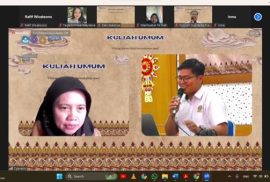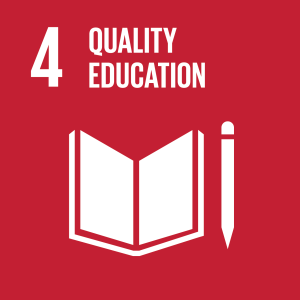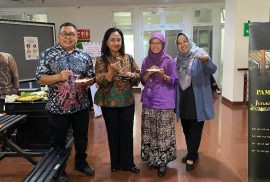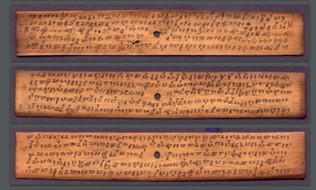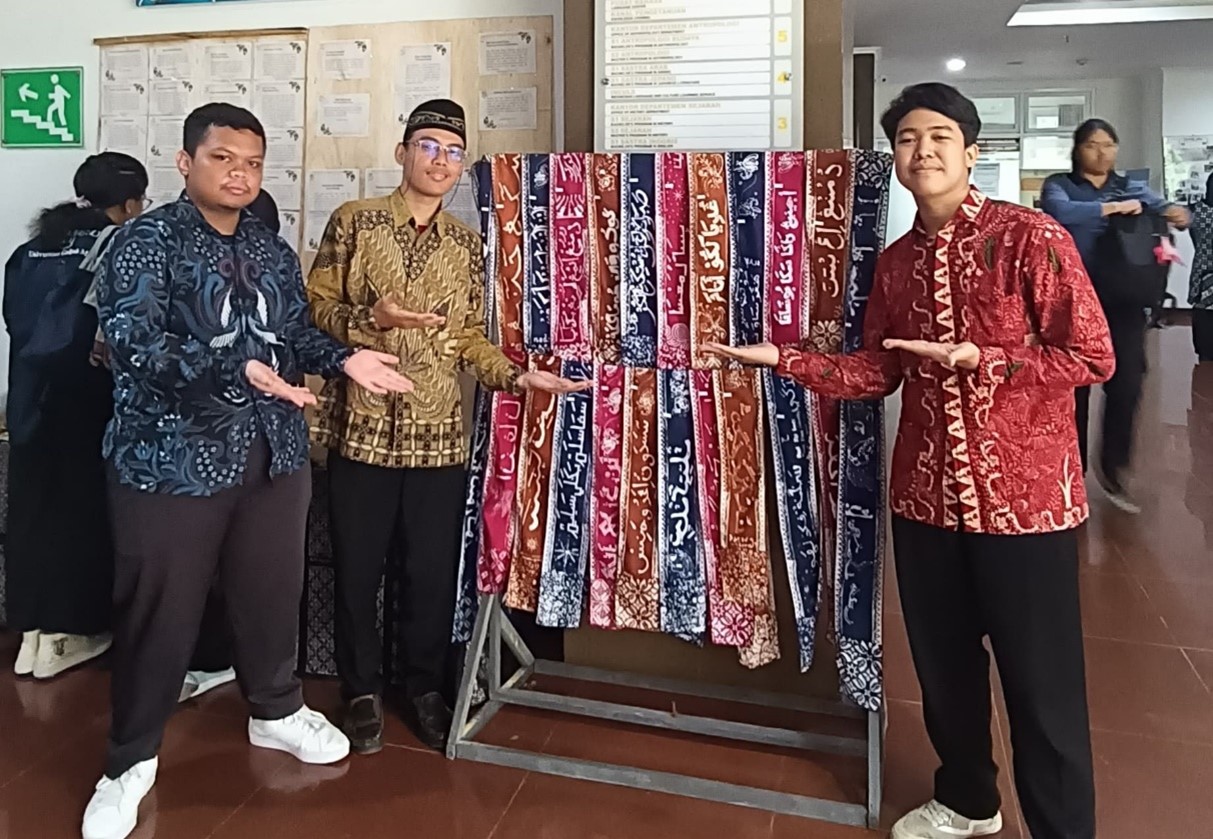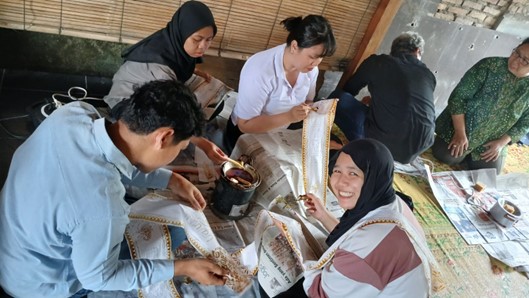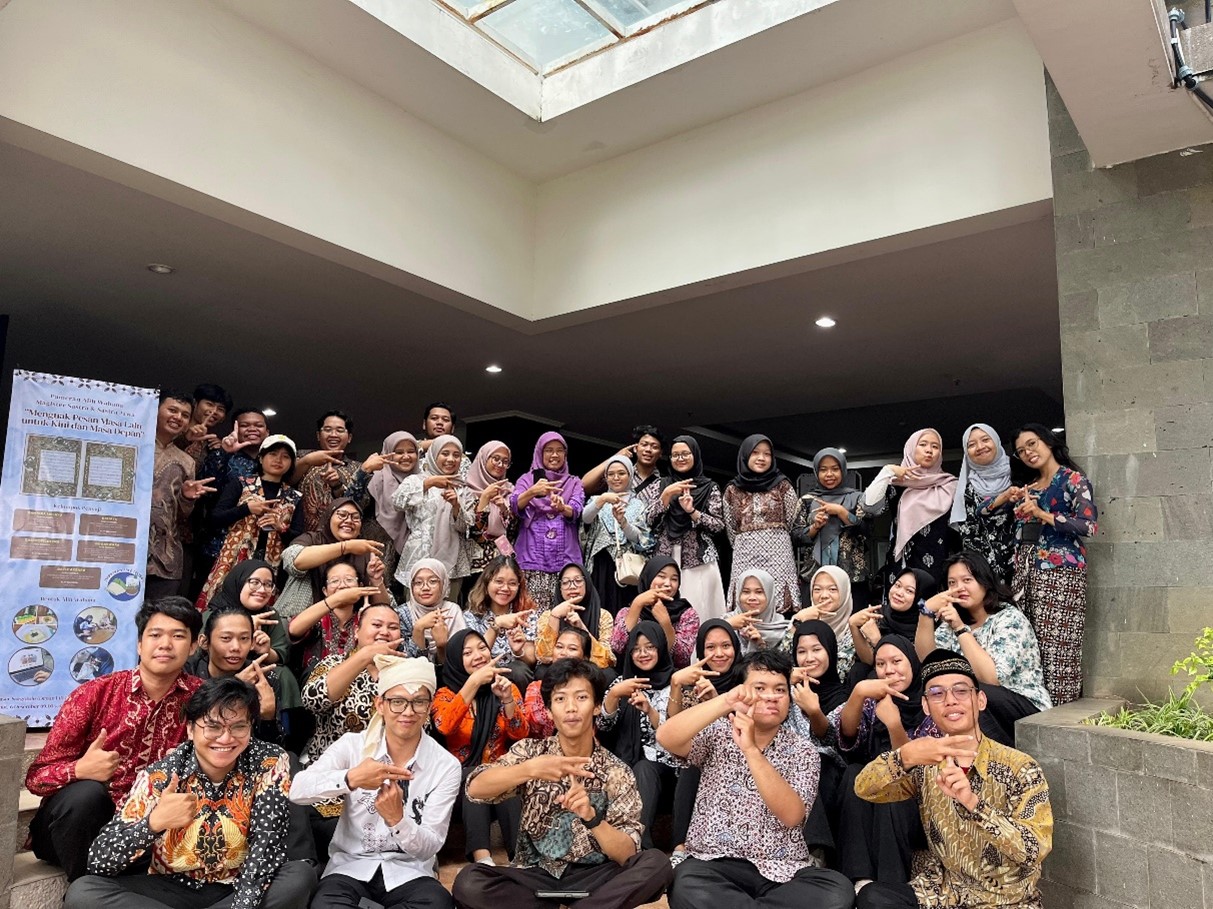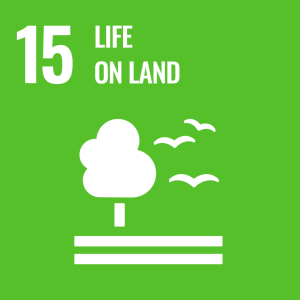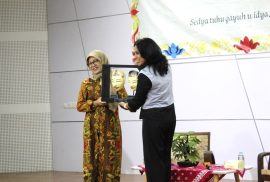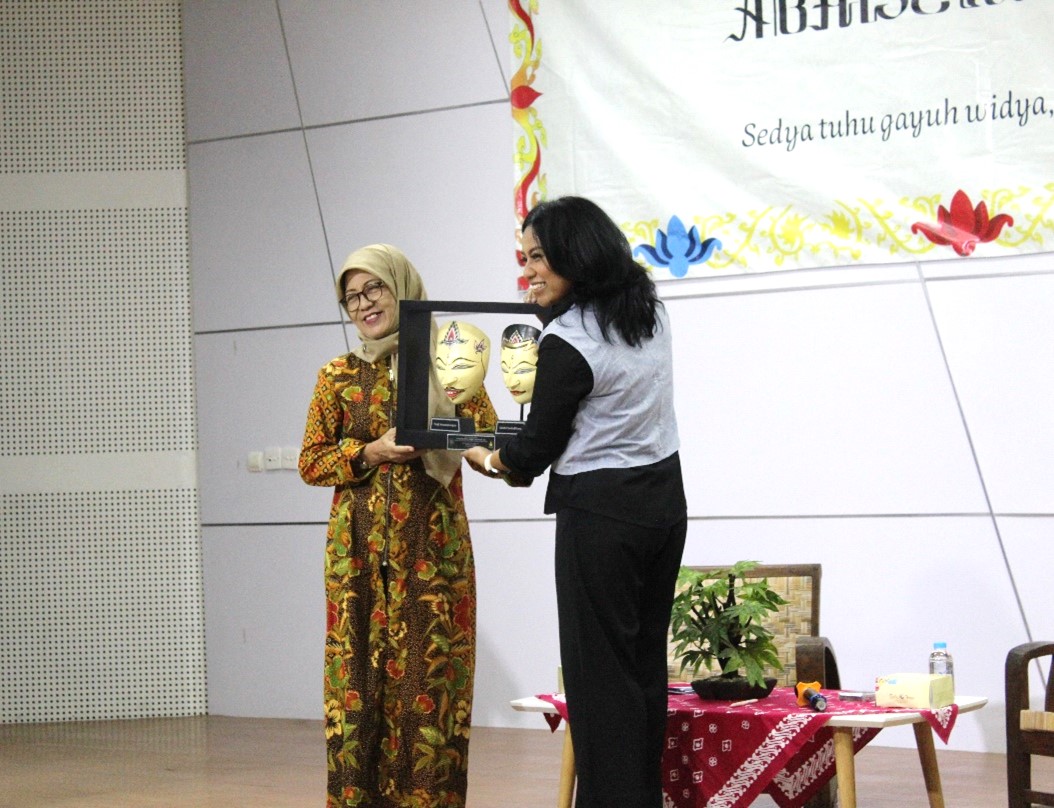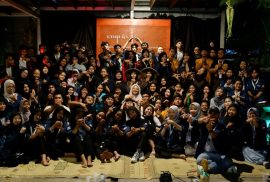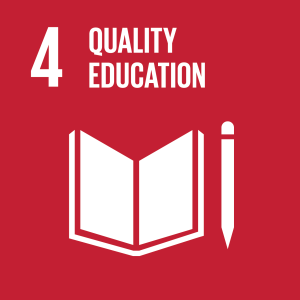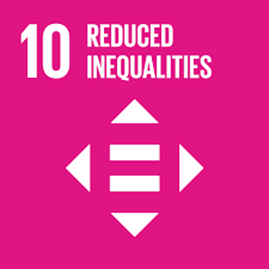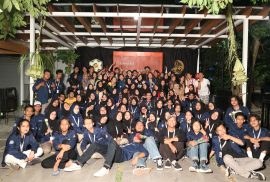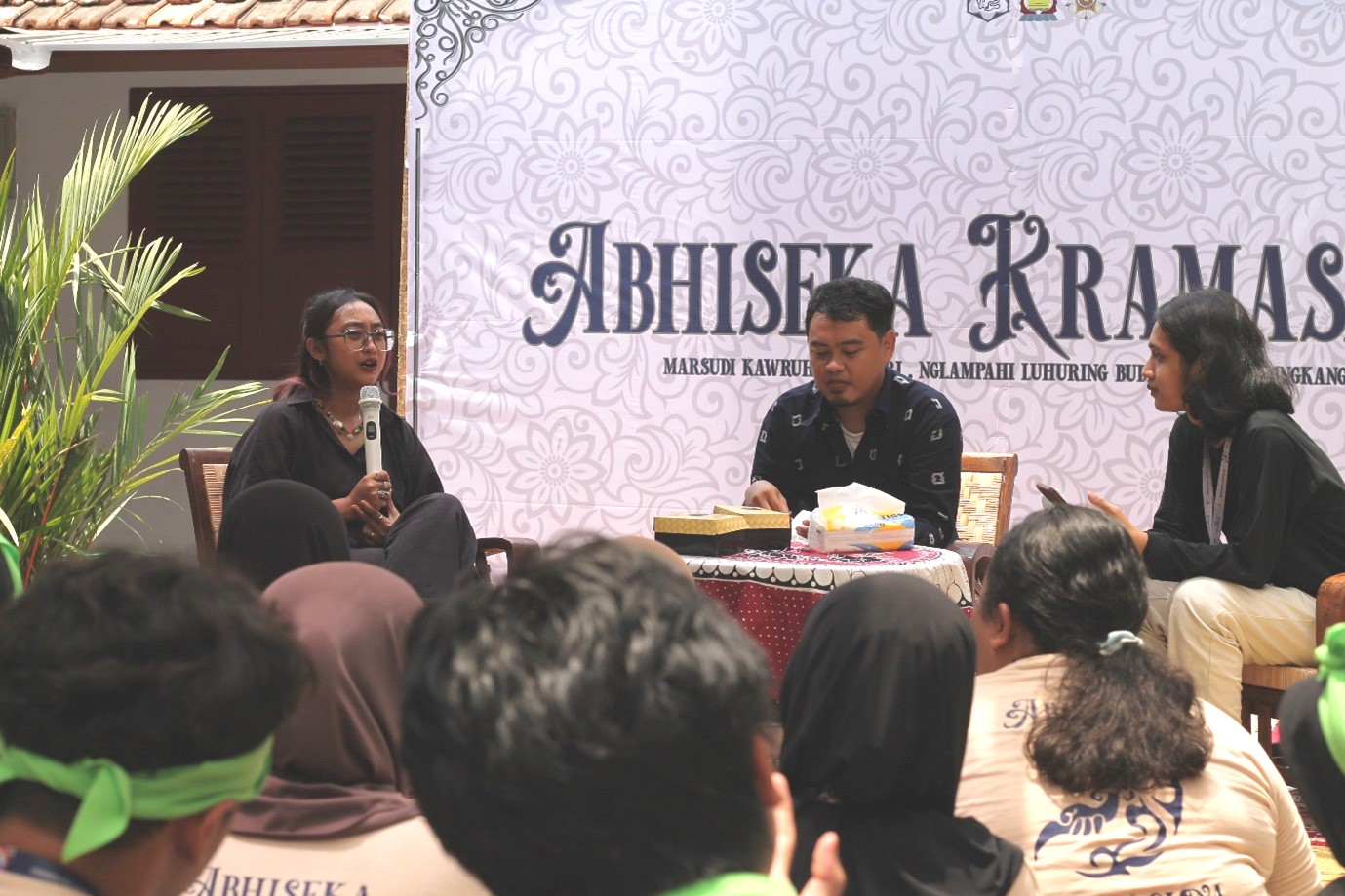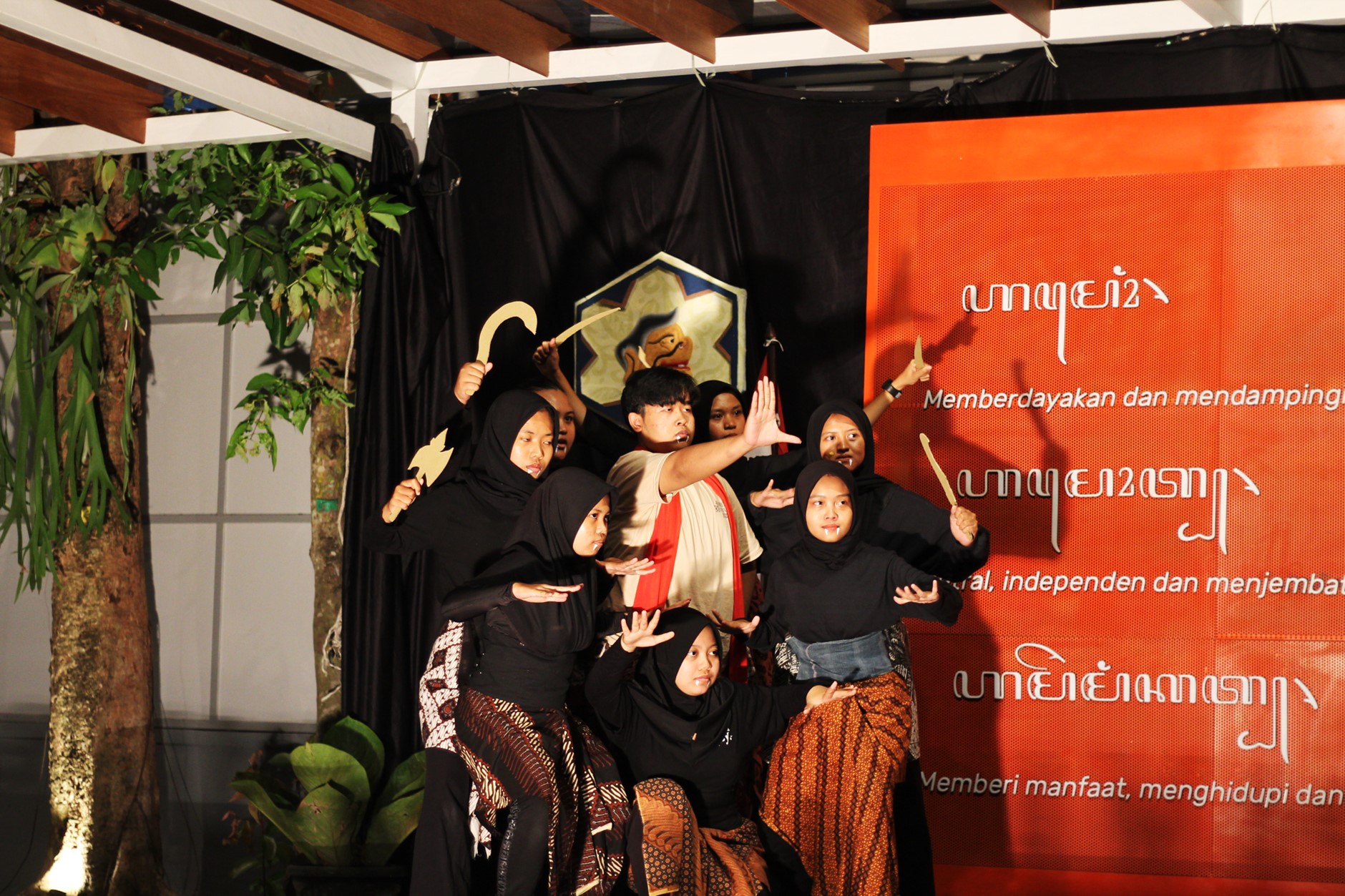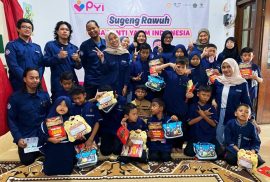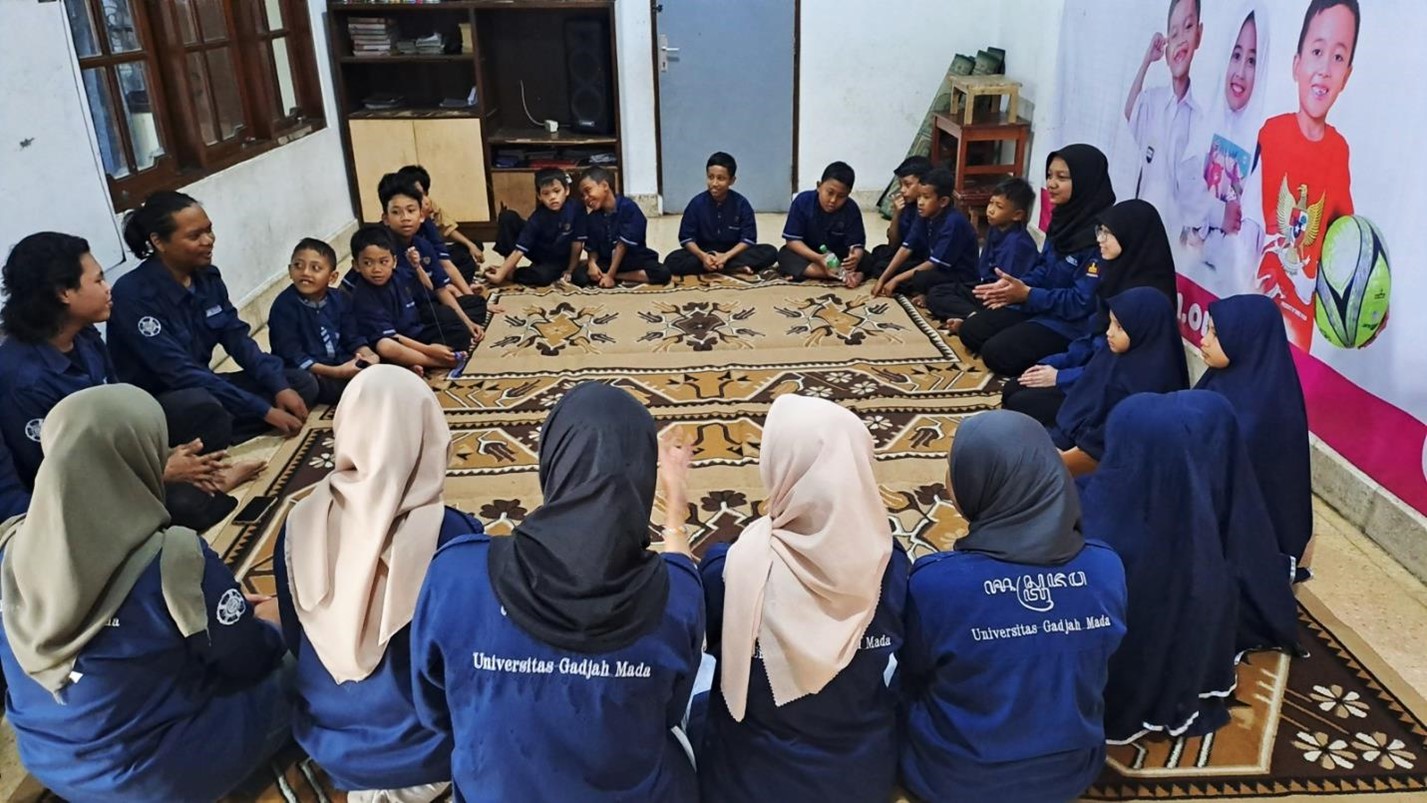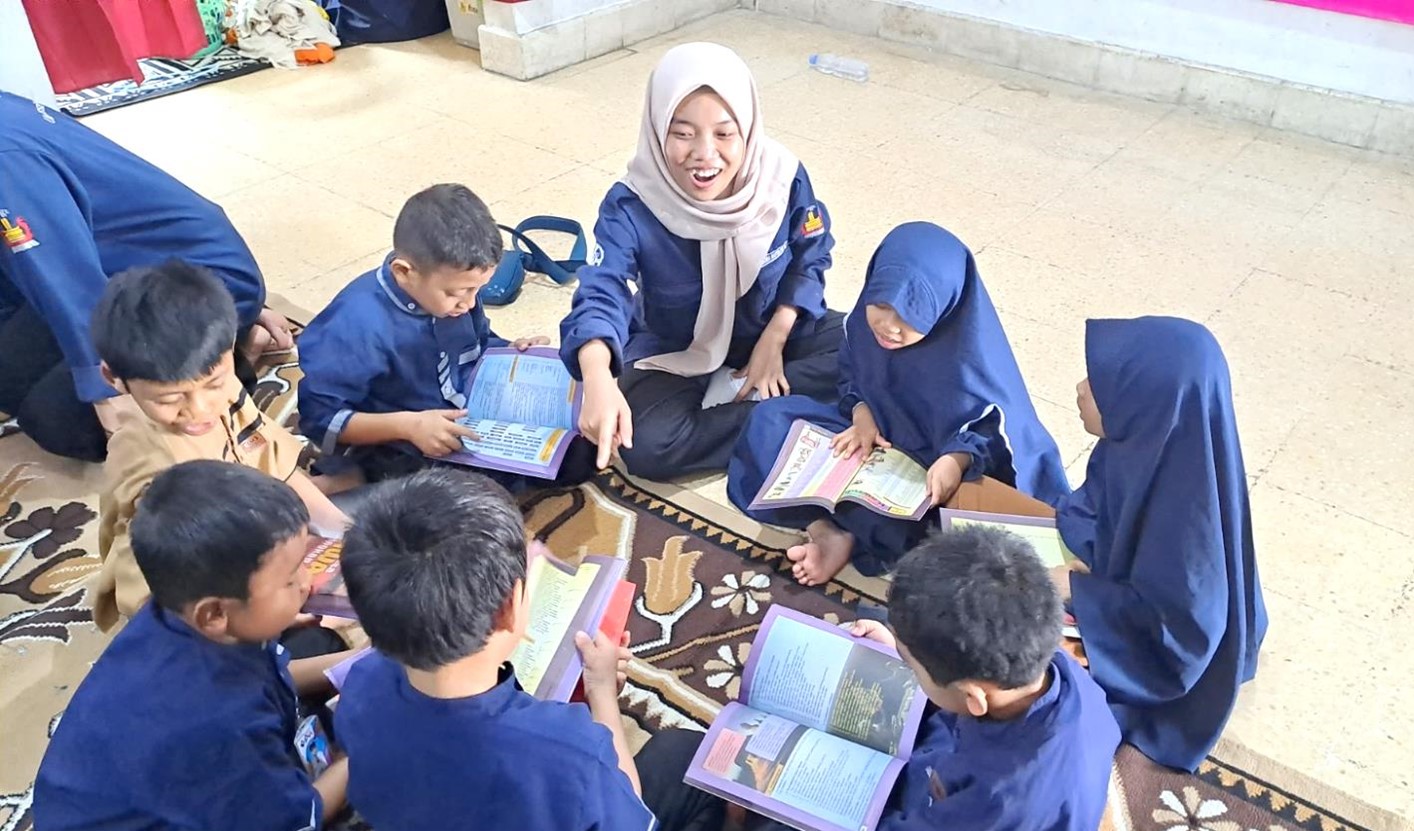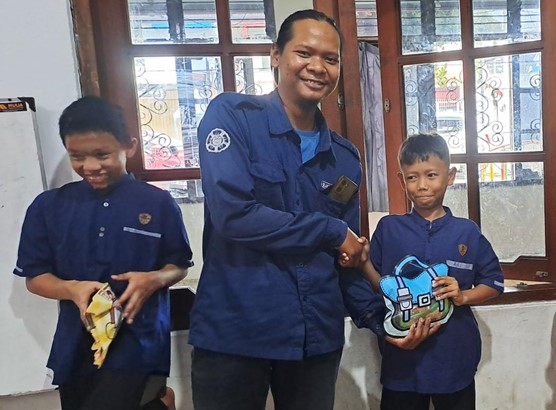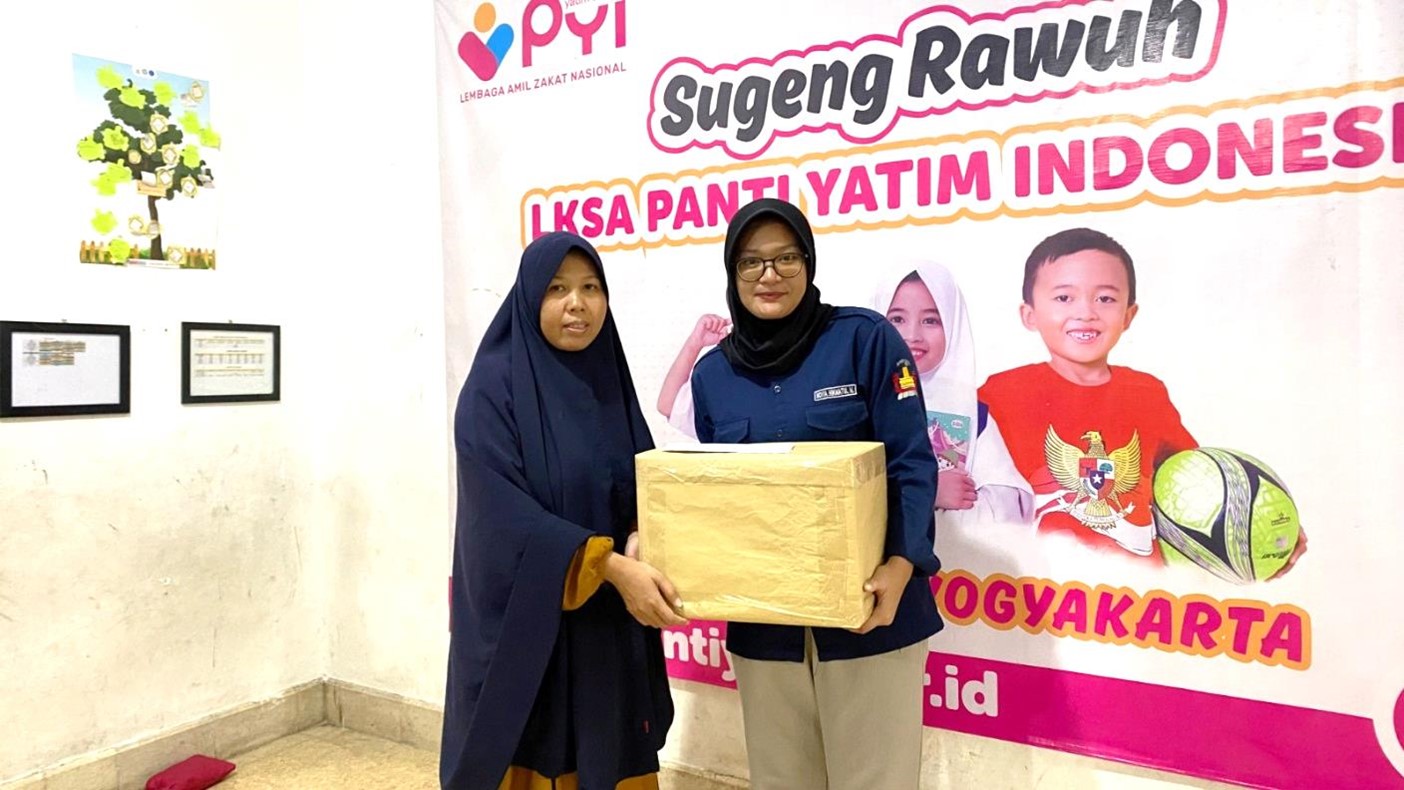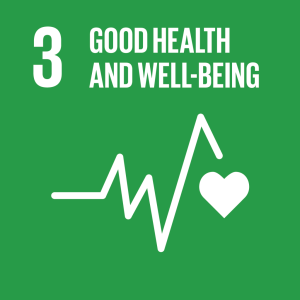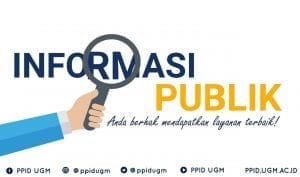- Home
- Post by
haryountoro
Philology Exhibition: A Way to Reveal the Message of the Past for the Present and Future
College StudentNewsSDGSStudentStudent's Activity Monday, 9 December 2024
Excerpted in full from: hystoryana.blogspot.com
Philology, as the study of manuscripts and classical texts, plays an important role in preserving the cultural and historical heritage of a nation. One of the interesting aspects of philology is the effort to understand and translate manuscripts, which means transforming ancient texts from their original format to new forms that are more accessible and easier to learn, such as in the form of illustrated stories, batik cloth, and so on.
Paleography is a scientific discipline that studies the character of ancient writings in manuscripts. As a science that supports the specialization of Philology, Paleography is a compulsory course for the Language, Literature and Culture Study Program.
On Friday, December 6, 2024 the Javanese Language, Literature and Culture Study Program held an exhibition initiated by the lecturers of the Philology course, Dr. Sri Ratna Saktimulya M.Hum,. and Dr. Arsanti Wulandari M.Hum,. The exhibition involved Master of Literature students in the Philology course and the undergraduate students of Javanese Language, Literature and Culture Study Program for the Paleography course. The philological exhibition “Mengalih Wahana Naskah” aims to introduce the public to the importance of ancient manuscripts in the formation of Indonesian history and culture. The manuscripts not only serve as historical documents, but also as a means of understanding the noble values and wisdom passed down by our ancestors. This exhibition also explores how these manuscripts transformed from handwritten texts into more attractive illustrated texts and wearable batik cloth. It is a means to introduce to the public that ancient manuscripts are not just text documents, but also works of art that contain high aesthetic value.
Students of the Javanese Language, Literature and Culture Study Program in the Philology Exhibition
“Very happy to be able to organize this exhibition, previously we, the class of 2023, were asked to make batik cloth, then it will be exhibited today, it's fun to try making batik cloth and at the same time get a grade for the Final Semester Examination” said Muhammad Rizki, one of the students of the Language, Literature and Culture Study Program.
The exhibition showcased batik cloths that had previously been made by students of the Javanese Language, Literature and Culture Study Program in the Switching Workshop. The long sash batik cloths were written based on the interests of each student. There are 3 scripts that can be chosen to write the proposition sentences that have been made. Javanese script, Pegon script, and Balinese script, each has its own uniqueness and beauty. Dr. Arsanti Wulandari M.Hum, revealed that this project will be taken as the fulfillment of the Final Examination of Paleography course in 2024. There are also illustrated stories made by Master of Literature students.
Students of Javanese Language, Literature, and Culture Study Program Make Batik for the Exhibition
It is hoped that the Philology exhibition: Alih Wahana is able to introduce many people to the existence of Philology as a useful science for life. Ancient manuscripts can be absorbed with the science of Philology to prepare for present and future life. In addition, this exhibition is one way to preserve ancient manuscripts in Javanese culture.
Five Championships Earned by UGM Javanese Language, Literature, and Culture Students in the IXth IMBASADI Nusantara Cultural Gathering Activity
College StudentImbasadiNewsSDGSStudentStudent's ActivityStudent's Work Wednesday, 13 November 2024
The 29th National Cultural Gathering was successfully held by I Gusti Bagus Sugriwa State Hindu University (UHN) which took place from Sunday to Friday, 5-10 November 2023. The theme carried at the 2023 National Cultural Gathering was "Sabda Budaya: Mukhti Luwir Nihan Segara", which means "Cultural Echo: Resounding Like the Ocean". The theme intends to highlight the richness of Indonesian culture which is still resounding in the midst of the current era of globalization. The activity lasted for five days with various agendas, including the National Conference, Wimbakara (Competitions), National Seminar, and ended with the Award Night as well as the closing of the 29th National Cultural Gathering.
In this 29th National Cultural Gathering, the Javanese Language, Literature and Culture Study Program, Faculty of Cultural Sciences (FIB), Gadjah Mada University (UGM), sent eight delegates to participate in the entire series of events. The UGM delegation consisted of Nurma Aisyah (class of 2021) as the head of the delegation, Vighna Rivattyannur Hernawan (class of 2020), Bima Muslih Wicaksono (class of 2022), Haryo Untoro (class of 2022), Kintan Dewinta Putri (class of 2022), Muhammad Siswoyo (class of 2022), Alma Syahwalani (class of 2023), and Meifira Arini Pitaloka (class of 2023).
- 1st place in the Cultural Reporting competition (Alma Syahwalani)
The Cultural Reporting Competition raised the theme of Taman Sari Yogyakarta, a historic water park site, as a reflection of the splendor and majesty of Indonesian culture inherited to this day.
- 2nd place in the National Scientific Writing Competition (Haryo Untoro and Muhammad Siswoyo)
The National Scientific Writing Competition entitled Reflection of the Agrarian Tradition Entity in the Record of the Cowongan Song Lyrics, raised the lyrics of the Cowongan ritual song as a material object containing agrarian elements in the form of various kinds of plants and animals. These elements are then linked to their classification in Javanese culture and reveal the inheritance related to the names of these agrarian elements along with the agrarian mythology behind them.
- 2nd place in the Comic Strip competition (Meifira Arini Pitaloka)
The Comic Strip competition with the theme "environmental preservation based on local wisdom" tells the story of young people who want to reforest by paying attention to the philosophy of these plants.
- 3rd place in the Poetry Musicalization competition (Nurma Aisyah and Bima Muslih Wicaksono)
The Poetry Musicalization competition raised the theme "Sabda Budaya: Mukhti Luwir Nihan Segara" performing a poem by Muhammad Siswoyo about the beauty and majesty of the nation's culture. The poem was delivered with a reading combined with singing and musical accompaniment, thus mesmerizing the other participants.
- 3rd place in the Nusantara Tiktok competition (Kintan Dewinta Putri)
The Cultural Tiktok competition which features traditional games, including Dakon or Congklak, Bakiak, and games accompanied by cublek-cublek suweng songs.
The achievements of the UGM Javanese Language, Literature, and Culture Study Program in winning various competitions are a concrete manifestation of UGM Javanese Language, Literature, and Culture Students in promoting, appreciating, and preserving the diverse cultures and traditions in Indonesia.
With the existence of the 29th National Cultural Gathering, it is hoped that it will motivate students to be interested in promoting these cultural and traditional heritages. Furthermore, this National Cultural Gathering activity can strengthen relations between students of regional literature study programs throughout Indonesia and implement sustainable development goals, especially in improving the quality of education.
We thank all parties who have participated in the success of this event. Hopefully IMBASADI can continue to accommodate students majoring in regional literature throughout Indonesia in studying, developing and preserving the nation's culture.
Indonesia is diverse, IMBASADI unites.
Talkshow Abhiseka Kramasisya 2024: from Lecturers to Great Alumnus
College StudentNewsSDGSStudentStudent's Activity Wednesday, 23 October 2024
On October 19, 2024, the Javanese Language, Literature and Culture Study Program held the opening ceremony of Abhiseka Kramasisya and a talk show with lecturers and alumni who became speakers for new students. Abhiseka Kramasisya is a routine event organized by the Javanese Language, Literature and Culture Study Program. In 2024, Abhiseka Kramasisya invited speakers who have a lot of experience that can be shared with new students. All invited speakers have extraordinary careers in their respective fields. New students get motivation and an overview of the various professions undertaken by alumni. Starting from being a courtier to entering the entertainment world, the diversity of professions of alumni of the Javanese Language, Literature and Culture Study Program shows that Javanese Literature and Culture can develop in any field.
Lecturers on study program workshop
Before entering the talk show with alumni, new students were first introduced to departmental materials delivered by lecturers who were present, both offline and online. The lecturers who attended offline included Dr. Daru Winarti, M.Hum., Dr. Sri Ratna Saktimulya, M.Hum., Dr. Arsanti Wulandari, M.Hum., R. Bima Slamet Raharja, S.S., M.A., Imam Prakoso, S.S., M.A. delivered departmental material in accordance with their respective majors. Dr. Sri Ratna Saktimulya, M.Hum., accompanied by Dr. Arsanti Wulandari, M.Hum., explained the philology section. Starting from the definition of philology to the process of learning philology. Followed by a presentation by Dr. Daru Winarti, M.Hum., explaining the specialization of linguistics, and the last one was delivered by R. Bima Slamet Raharja, S.S., M.A., who explained the literature section. Then there were several lecturers who joined online because they were continuing their studies abroad, including Yosephin Priastuti Rahayu, S.S., M.Hum., who was continuing her studies at Leiden University. Nurmalia Habibah, S.S., M.A., who is in France to continue her studies at PSL University, and finally there is Zakariya Pamuji Aminullah, S.S., M.A., who is in Germany and studying at Universitat Hamburg.
Lecturers who attended online
This departmental session was well received by all Abhiseka Kramasisya participants. “The material makes me more familiar with the study program, so I understand more about the majors tomorrow, it's also fun to get to know all the lecturers,” said Andini Nuraini, one of the new students participating in Abhiseka Kramasisya. With this session, it is hoped that new students can find out information about the Javanese Language, Literature and Culture Study Program, be able to guide their knowledge to achieve noble goals, and always preserve Javanese culture.
The event continued with an alumni talk show delivered by 3 speakers namely Sukma Putri, Razan Bahri, and Rizky Inggar. The first speaker, Sukma Putri, conveyed information related to her current profession as a servant of the Ngayogyakarta Hadiningrat Palace. Sukma also conveyed the message and impression of being a student of Javanese Language, Literature, and Culture Study Program. The motivation given by Sukma to new students is very interesting, “Thank you for choosing Javanese Literature, because your first step in choosing here can already create a big step in the future. Cheer up to all of you, be healthy and sane always because you deserve a beautiful miracle from what you have chosen,” she wrote in one of the powerpoint slides shown.
Sukma Putri delivered her material
Razan Bahri as the second speaker, he attended this event online because he was abroad, to be precise he worked as a staff of the Indonesian Consulate General in Melbourne. Some new students get the view that being a student of Javanese Language, Literature and Culture does not limit them from having a job outside their major. Razan Bahri said that mastering English at this time is an important thing that must be done, without excluding the use of mother tongue and Indonesian. Using English to introduce Javanese culture in the international arena can initiate steps to preserve Javanese culture and promote it further.
Razan Bahri delivered his material
The third speaker was an alumni student of the Javanese Language, Literature and Culture Study Program, which was then still called Sastra Nusantara class of 2003, she plunged into the world of Indonesian entertainment. She has participated in many television programs, she is famous as a female comedian who is very multitalented, in addition to her jokes that always succeed in making people laugh, she is a singer who can also play roles. Rizky Inggar Lukitovati, who is often called Mbak Kiky, was the speaker at the Abhiseka Kramasisya 2024 alumni talk show. Entered in several award nominations and won one of them, Rizky Inggar told the beginning of her career until she could reach her current life. Rizky Inggar gave many views that the Javanese Language, Literature and Culture Study Program will one day create many great people who can be influential for the future. In fact, the image as a Javanese with his medhok dialect was able to bring Rizky Inggar to become a famous artist who has a strong identity and characteristics today. This shows that the existence of Javanese culture is valued and should be empowered, so that it does not become extinct. Rizky Inggar also emphasized to continue to be enthusiastic about achieving dreams even though there are many obstacles in the way, with confidence and determination, everything can be achieved.
Rafael Raga's conversation as moderator with Rizky Inggar
In the talk show with alumni, students get provisions to undergo the world of lectures. The three speakers also provided some motivation to students of the Javanese Language, Literature and Culture Study Program who might feel pessimistic about their job prospects after graduation. Emphasizing that Javanese Satra students must believe that their expertise is needed in various sectors, especially in the creative industry, media, and education. The warm and insightful discussion provided many valuable lessons for all participants, especially in facing an increasingly competitive professional world. The speakers who shared their experiences, challenges, and successes provided a broad perspective on the various opportunities that students can take advantage of after graduation. Through this talk show, it is hoped that students can be motivated to continue working and prepare themselves to face future challenges that are full of opportunities.
Handover of souvenirs represented by the Head of Study Program to Rizky Inggar
Abhiseka Kramasisya 2024: Committee Creativity and Family Solidarity of Javanese Language, Literature, and Culture Study Program
AlumnusCollege StudentNewsSDGSStudentStudent's Activity Tuesday, 22 October 2024
Abhiseka kramasisya is an annual event organized by the Javanese Language, Literature and Culture Study Program to inaugurate new students of the Javanese Literature Study Program. In 2024, Abhiseka Kramasisya was held in 2 days, on October 19-20, 2024 with 45 new students of the Javanese Language, Literature and Culture Study Program participating. Abhiseka Kramasisya 2024 used the theme “Sedya, Darma, Guna” each word in the theme has its own sentence which means very deep and is expected to be in accordance with the new students who will be inaugurated.
“Sedya” in Sedya Tuhu Gayuh Widya means the full intention to reach knowledge. “Darma” in Darma Bekti Kang Utama means goodness that is prioritized. “Guna” in the sentence Guna Mring Nuswantara means useful for the country, nation, and all of Nusantara. With the formation of this philosophical theme, it is hoped that new students will always absorb the meaning so that they can carry out the “Sedya, Darma, Guna” and be able to preserve the noble values of Javanese culture and maintain the existence of culture in the Nusantara, especially Javanese culture.
Before the day of Abhiseka Kramasisya, all committees and participants conducted a First Gathering which was intended to establish good communication between the committee and participants. The First Gathering which was held on September 8, 2024 became a place for bonding and getting to know each other.
On September 21, 2024 a Technical Meeting was held to explain the technical implementation of the D-day of Abhiseka Kramasisya 2024. With the aim of introducing a little Javanese knowledge, all new students were divided into 4 groups with the names Damarwulan, Centhini, Wedharaga, and Ambiya. The naming of these groups comes from the names of manuscripts in Java. The Technical Meeting also explained some of the technical implementation of the entire series of Abhiseka Kramasisya 2024.
The first day of Abhiseka Kramasisya 2024 was held in the Auditorium of Soegondo Building, Faculty of Cultural Sciences, Universitas Gadjah Mada with a series of symbolic opening events with “Asa Lokatara”. A box containing balloons that will fly a piece of cloth with the inscription Abhiseka Kramasisya 2024. Asa Lokatara means a dream that flies high, a prayer for all new students so that their dreams can be achieved. Asa Lokatara was opened by Dr. Daru Winarti M.Hum, as the Head of the Javanese Language, Literature and Culture Study Program and accompanied by Zidna Nabila as the Chief of Abhiseka Kramasisya 2024.
“Asa Lokatara” symbolic opening of Abhiseka Kramasisya 2024
After the symbolic opening, the event continued with the introduction of the study program which was filled by several representatives of the lecturers. Abhiseka Kramasisya 2024 also invited alumnus as talk show speakers. One of the speakers presented was Rizky Inggar who plunged into the entertainment world and had several programs on television such as Main Hakim Sendiri and Rumah Bulekkk. The speaker conveyed the career he had gone through, aiming to motivate new students to have the enthusiasm to carry out education and find their talent interests. Entering the last part of Abhiseka Kramasisya on the first day, closed by Gilang Cahya Nusantara as the Head of the Kamastawa Association presenting material on the introduction of the Department Student Association (Himpunan Mahasiswa Jurusan) which will later be followed by new students.
Study program seminar by several lecturers
The second day of the Abhiseka Kramasisya series was held in the hallway of the Margono Building, Faculty of Cultural Sciences, Universitas Gadjah Mada. The rainy conditions made the committee have to think of ways to keep the event running smoothly. The plan for “Lelaya Wiyata” or cultural exploration had to be replaced with a quiz between groups. There were several changes to the plan. However, everything went smoothly. The event continued with the movement of all participants and committees to Pusaka Jawa (Javanese Studies Center) located on Jl. Bungur, Bulaksumur No. F9 to continue the Siraman inauguration procession. The Siraman procession is the main part of the Abhiseka Kramasisya. The procession was led by lecturer representative Dr. Sulistyowati, M.Hum. accompanied by the Head of the KAMASTAWA. With the implementation of the Siraman procession, participants have officially become part of the Javanese Language, Literature and Culture Study Program Family. All participants also received the corsa of the Javanese Literature Student Family Department Student Association.
The event was closed with an art performance by Abhiseka Kramasisya 2024 participants. Participants displayed the creativity of each group performing dances, songs, dramas, and so on. This session was lively, warm, and showed the kinship of the Javanese Language, Literature and Culture Study Program. The end of the art performance was followed by the symbolic closing of “Abinawa Prasraya” in the form of a door that can rotate 180 degrees showing the acceptance of new students adding color to the Language, Literature and Culture Study Program.
The series of Abhiseka Kramasisya 2024, expects new students of the Javanese Language, Literature and Culture Study Program to love local cultural products, especially Javanese culture, and to preserve them. Students who have been confirmed are expected to develop and improve educational, research, and community service activities so as to create superior, outstanding, and dignified student characters.
ABHISEKA KRAMASISYA 2023: MARSUDI, NGLAMPAHI, MURAKABI
College StudentNewsSDGSStudentStudent's ActivityStudent's Work Wednesday, 16 October 2024
Abhiseka Kramasisya is a tradition held annually to inaugurate new students of the Javanese Literature Study Program. On Saturday, October 14, 2023, Abhiseka Kramasisya was attended by 47 new students of the Javanese Language, Literature, and Culture Study Program. The theme carried out in the 2023 Abhiseka Kramasisya activity was "Marsudi, Nglampahi, Murakabi". The theme was inspired by a Javanese philosophy containing positive meanings in it.
"Marsudi" is interpreted as uniting towards a harmony and balance. In this case, new students are expected to put aside all differences and be determined to unite to become a family of students of Javanese Language, Literature, and Culture who are in harmony with the goal, namely, seeking and gathering knowledge. "Nglampahi" means living knowledge for oneself. With the joining of students as part of the Javanese Language, Literature, and Culture Study Program at Gadjah Mada University, it is hoped that it can bring goodness to oneself. "Murakabi" is interpreted as the knowledge possessed by oneself being beneficial to others so that it is part of the activity of preserving and maintaining the noble values of Javanese culture and being able to continue the effort to maintain the existence of Javanese culture.
Before the series of 2023 Abhiseka Kramasisya activities were carried out, a technical meeting was held by the committee to introduce the participants, namely the 2023 batch of students, about Abhiseka Kramasisya. In addition, the 47 participants were divided into four groups, namely Saptaarga, Indrakila, Talkanda, and Kendhalisada. The names of the four groups were taken from the names of the hermitages of the pandhitas in wayang figures.
The series of 2023 Abhiseka Kramasisya activities began with registration, "Sesareng" or outbound, "Sartaka" or alumni talk show, "Semedi" or study program seminar, inauguration, "Kala Nrtya" or art performance, "Abhimata" or awards, and closing. The registration series was carried out from 06.30-07.20 WIB. After that, it was continued with "Sesareng" or outbound which was held in Greenland FIB UGM. The "Sesareng" activity was full of joy because it was filled with several games such as sarong volleyball, water relay, and so on. The Sesareng series lasted until 09.00 WIB.
The next activity was the opening of the 2023 Abhiseka Kramasisya activities which took place at the Javanese Study Center of Gadjah Mada University (PUSAKA JAWA UGM). After that, it was continued with "Sartaka" or a talk show with alumni of the Javanese Language, Literature, and Culture Study Program. The event was held at 10.10 WIB-11.45 WIB. There were two alumni who shared their experiences, college tips, and a description after graduating from the world of lectures, namely Vanis, S.S., and Mahmud Hidayat, S.S.
"Sartaka" Session
The next event was "Semedi" or a study program seminar. The "Semedi" session took place at 13.00 WIB-14.50 WIB. In the study program seminar, participants gained a deeper understanding of the three areas of specialization in the Javanese Language, Literature, and Culture Study Program, namely philology, linguistics, and literature. The three areas of specialization were explained by the lecturers who taught each of these areas of specialization. The lecturers who attended the activity included Dr. Daru Winarti, M.Hum., Dr. Djarot Heru Santoso, M.Hum., Dr. Sri Ratna Saktimulya, M,Hum., Dr. Arsanti Wulandari, M.Hum., R. Bima Slamet Raharja, S.S., M.Hum., Nurmalia Habibah, S.S., M.A., and Imam Prakoso, S.S., M.A. Various questions were asked by the participants to the lecturers, illustrating a deep curiosity about each of the three areas of specialization.
"Semedi" Session
Afterward was the core event of Abhiseka Kramasisya, namely the inauguration. The inauguration session took place at 15.20 WIB-17.00 WIB and was carried out by carrying out the siraman procession. Participants took turns undergoing the siraman procession. With the implementation of the siraman procession, participants officially became part of the Javanese Language, Literature, and Culture Study Program Family. In addition, the participants also received the Himpunan Mahasiswa Jurusan Keluarga Mahasiswa Sastra Jawa (HMJ Kamastawa) korsa.
"Siraman" Session
The next session was "Kala Nrtya" or an art performance which was held at 18.20 WIB-19.30 WIB. In this session, the participants who had been divided into four groups had to present a performance, be it drama, music, dance, etc. The atmosphere at the art performance was very lively and so warm, and the appearance of the four groups was very stunning. After "Kala Nrtya", the next session was "Abhimata" or awarding. The Abhimata session contained several nominations, including the most exciting group, the most compact group, and other nominations. The last session was the closing which ended with a group photo, with the intention of capturing the moment of togetherness.
"Kala Nrtya" Session
With the implementation of the 2023 Abhiseka Kramasisya series, it is hoped that new students of the Javanese Language, Literature, and Culture Study Program can love their homeland more and participate in the preservation of the archipelago's culture, especially Javanese culture. It is hoped that the inaugurated students can channel their concern for the archipelago's culture through educational, research, and community service activities so as to create superior, accomplished, dignified student characters, and participate in improving the quality of education in Indonesia.
Kamastawa Teaching and Sharing is Back: Sharing Laughter, Knowledge, and Sustenance at PYI Orphanage
NewsCollege StudentStudentStudent's ActivitySDGS Monday, 23 September 2024
As a form of community service, the Javanese Language, Literature, and Culture Student Association (Kamastawa) held another “Kamastawa Teaching and Sharing” event on Sunday, October 22, 2024. This event is the result of collaboration between the social and community division (sosmas) and the scientific division, with the aim of having a positive impact on society, especially for children at the Wirobrajan branch of the PYI Yatim and Zakat Orphanage, Yogyakarta.
There were 16 children from grade 1 elementary to 1 junior high school involved in the event. The event opened at 09.00 AM WIB with an opening session and introductions. During the event, students and children had the opportunity to play together, creating a cheerful atmosphere with jokes and laughter. This togetherness became an important foundation in building intimacy between students and participants.
Opening session and introductions
After the introductory session and games, the event continued with teaching and learning activities. Participants were divided into three groups according to educational level: group 1 for grades 1-2 elementary school, group 2 for grades 3-4 elementary school, and group 3 for grades 5 elementary school to 1 junior high school. Each group received materials tailored to their age and level of understanding, ranging from daily Javanese conversation, Javanese script writing, Javanese assignment consultation, and so on. Various teaching methods were used by the students to make learning fun and easy for the children to understand.
Teaching-learning session
After the learning session was over, it was time for ice breaking, where the participants were invited to sing together the song aja ndomblong aja and follow the guessing game with prizes. This session succeeded in sparking the children to be active in an exciting way.
Giving prizes to participants who won the guessing game
The children's enthusiasm could be felt from the beginning to the end of the activity, especially during the distribution of small gifts as an appreciation for the participants' activeness. In addition, Kamastawa also provided Pepak Basa Jawa books and reading books as a form of support for the participants future educational development. It is hoped that participants can easily access knowledge and enrich their insights, including those related to knowledge and preservation of Javanese culture.
Donation of reading books to the orphanage
The gifts given may be considered simple. However, prayers, hopes, and sincere intentions to share will live on and become the foundation in the implementation of the 'Kamastawa teach and share' program now and in the future.
Pangkur
College StudentMacapatStudentStudent's Work Wednesday, 18 September 2024
Dening: M. Rafi Nur Fauzy
akeh wong kang padha têka
nggawa darma amêjang mring sireki
nyata goro kumatungkul
kagunggung sukeng tyasnya
datan dunung ing sarak sanyatanipun
mula sire den prayitna
nulya amundura kaki
Asmarandana
MacapatStudentStudent's Work Wednesday, 18 September 2024
Dening: Fauzan Adi Fadurrahman
Sinasmita sêrat iki
minangka criyos sih smra
pêpengêt kang wus kadados
wit ing wyata gajah mada
nagri Ngayogyakarta
kang candrasêngkalanipun
wrêkseng tlaga bêdhah tunggal
nendra raka laksanani
den wêwayang suryanira
kalaning rêm netra katon
manising esêm gupita
syara mrêdu bêbungah
pijana datan ngrêridhu
yahagen kang raka rasa
Quoted in full from: cebu.fkkmk.ugm.ac.id
Recently, the World Health Organization (WHO) declared Monkeypox a global health emergency. The disease, which was first transmitted to humans in 1970 in the Republic of Congo, has been detected in Indonesia, and as of August 17, 2024, there were 88 confirmed cases (Rokom, 2024). This incident reminds us of the COVID-19 pandemic that hit the world in 2020.
The history of disease outbreaks is not new. The Asian Flu (1957-1958), Spanish Flu (1918-1920), and The Black Death (1346-1353) (Kautsar, 2024), are just some examples of major outbreaks that have hit the world. In addition to major epidemics, various small endemics also often occur in certain regions.
Various disease outbreaks have been recorded in manuscripts and written records. Taruna Dharma Jati, Muhammad Ibu Prarista, Zalsabila Purnama, & Zakariya Pamuji Aminullah (2022) in a scientific article entitled Lawe Wĕnang Singid: The Red Thread of Pagĕblug Handling Continuity in the Perspective of Javanese Literature explains that Javanese written literature has contained information in the form of traces and handling of physical and cosmological plagues in Javanese oral and written literature.
Some manuscripts that contain information on the physical treatment of disease outbreaks include Naskah Ngelmu Kawarasan by Sardjita (1920), Naskah Lĕlĕmbut Kolerah by Samsimihardja (1914), and Naskah Lĕlara Gudhig by Sardjita (1921). These texts provide guidance on the prevention and treatment of various diseases that once plagued society in their day.
- Manuscript of Ngelmu Kawarasan
The Ngelmu Kawarasan manuscript contains knowledge about diseases such as malaria, smallpox, bubonic plague, and tuberculosis. One part of the manuscript explains how to deal with bubonic plague:
[...] Rekadaya kangge nanggulangi pes, botĕn wontĕn malih kajawi tikus-tikus punika kĕdah dipuntumpĕs. Griya-griya ingkang kĕrĕp dipunrĕsiki. Sarta sampun nyimpĕni sisa tedha
“There is nothing more effective against bubonic plague than culling rats, cleaning houses frequently, and not storing leftover food.”
This guide shows the importance of environmental hygiene as a preventive measure against infectious diseases such as bubonic plague, which is transmitted by rats.
- Manuscript of Lĕlĕmbut Kolerah
The Lĕlĕmbut Kolerah manuscript focuses on ways to avoid cholera. Here is one of the contents of the manuscript:
[...] Prentah nagara dikon ngombe banyu bening wedang ora kĕna mamangan kang ora matĕng, ora kalawan diratĕngi adus ing bangawan.
“The state commandment says to drink boiled water, not to eat raw food, and to bathe frequently in the river.”
Here, there is an emphasis on drinking boiled water and personal hygiene as preventive measures.
- Manuscript of Lĕlara Gudhig
The Lĕlara Gudhig manuscript explains how to prevent and cure gudik (gudhig), a contagious skin disease. One of the quotes from this manuscript states:
[...] Supaya wong sing wis waras iku ora kumat maneh. Yen panyegahe lalara gudhig iku arĕp ditindakake supaya wong-wong bumi liya-liyane padha bisa milu. Dheweke kudu dipĕrdi rĕsikan, yaiku: ngrĕksa rĕsiking kulite ing panggonan-panggonan sing pĕrlu. Sedhiyan banyu adus kudu dibecikake. Sarta kudu ambudidaya supaya rĕgane sabun dimurah bangĕt, nganti wong miskin padha kelar sabunan. Wong-wong mau ditĕrangake sing tĕmĕnan, yen ora mung awake bae sing mesthi rĕsikan nanging sandhangan lan paturone uga mangkonoa. [...]
“So that people who are already healthy from scabies do not relapse, prevention of scabies should be carried out so that people in other areas can follow each other. They should be accustomed to clean living, keeping their skin and other places clean. Good water should be provided for bathing, and efforts should be made to reduce the price of soap so that the poor can use it. These people are to be explained seriously, that not only the self must be clean but also the clothes and bedding as well. [...]”
This message highlights the importance of personal hygiene with access to hygiene tools, such as soap, as well as ensuring that clothes and bedding are clean, to prevent skin diseases.
The above are just a few of the various explanations of plague prevention in Javanese literature. Although it can be said to be old stuff, the principles contained are still relevant today, especially in the context of preventing disease outbreaks that are transmitted through unsanitary environments.
Further exploration of ancient Javanese manuscripts is an important step to broaden our horizons on the history of health and medicine in Indonesia. Collaboration between academics, philologists, and health practitioners can help develop the knowledge recorded in these manuscripts, so that it can benefit the wider community.
BIBLIOGRAPHY
Bestari, N.P. (2022, July 24). ). Sejarah Perjalanan Cacar Monyet dari Afrika sampai Mendunia. Cnbcindonesia.com. Accessed from https://www.cnbcindonesia.com/news/20220724153248-4-358100/sejarah-perjalanan-cacar-monyet-dari-afrika-sampai-mendunia.
Jati, T.D., Prarista, M.I., Purnama, Z. & Aminullah, Z.P. (2022). Lawe Wĕnang Singid: Benang Merah Kontinuitas Penanganan Pagĕblug dalam Perspektif Kesusastraan Jawa. Jumantara: Jurnal Manuskrip Nusantara, 13(01), 95-112, from https://doi.org/10.37014/jumantara.v13i1.2847.
Rokom. (2024, August 18). 88 88 Kasus Konfirmasi Mpox di Indonesia, Seksual Sesama Jenis jadi Salah Satu Penyebab. Sehatnegeriku.kemkes.go.id., Accessed from https://sehatnegeriku.kemkes.go.id/baca/rilis-media/20240818/1546252/88-kasus-konfirmasi-mpox-di-indonesia-seksual-sesama-jenis-jadi-salah-satu-penyebab/.
LIST OF IMAGES
Cebu.fkkmk.ugm.ac.id. (2020, August 19). ). CE&BU Bersama PKMK dan Cochrane Indonesia Menyelenggarakan Webinar Mengenai Bukti Ilmiah tentang Penanganan Wabah Pandemik COVID-19. Retrieved from https://cebu.fkkmk.ugm.ac.id/2020/08/19/cebu-bersama-pkmk-dan-cochrane-indonesia-menyelenggarakan-webinar-mengenai-bukti-ilmiah-tentang-penanganan-wabah-pandemik-covid-19/

